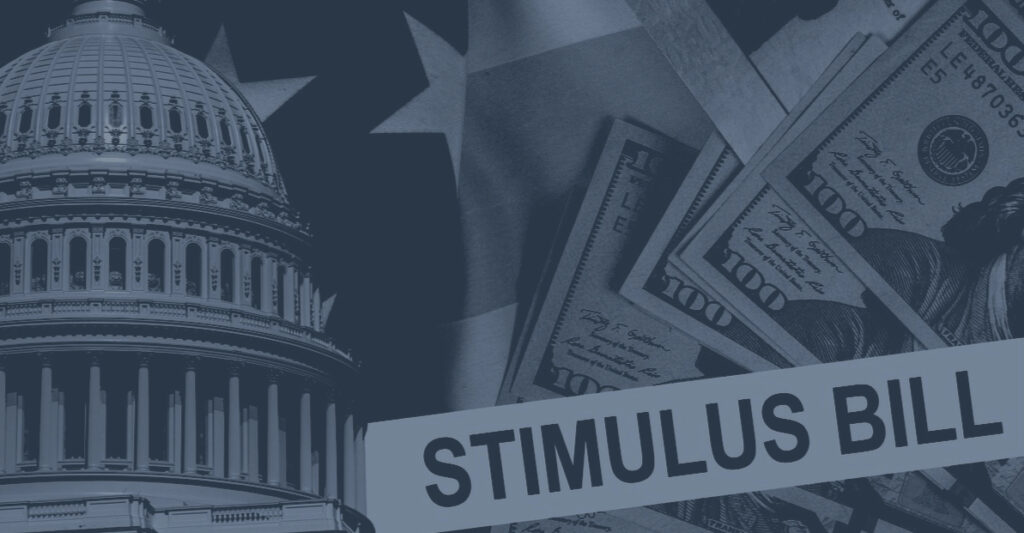Update #13 – PPP Forgiveness Application & New Stimulus
August Stimulus Bill Offers New PPP Loans for Businesses with 50% Revenue Loss

The Small Business Administration (SBA) advised lenders on July 23 that the PPP Forgiveness Platform will not begin accepting Forgiveness Applications until at least August 10, 2020. The date may be extended if any new legislative amendments to the forgiveness process necessitate changes.
Unfortunately we expected Treasury guidance about PPP Forgiveness in early July. As it stands we do not expect any guidance until the new federal legislation is passed. Banks, accountants, and others, are being advised not to process PPP Forgiveness Applications until this legislation is enacted and related Treasury and SBA guidance is finalized.
Many who received PPP loans under the Coronavirus Aid, Relief, and Economic Security Act have already completed their specified “covered period” and have spent the PPP loan proceeds. These businesses now wish to submit the related forgiveness applications.
While related records should be assembled in preparation for submission, lenders WILL NOT accept applications at this time.
Details released by the U.S. Senate indicate that pending legislation to address the economic impact of the COVID-19 pandemic will likely include several changes to PPP loan forgiveness measures, including simplified procedures for loans under $150,000 and under $1 Million.
The newly proposed legislation offers:
- A second round of PPP for smaller employers with at least a 50% loss of revenues;
- A second round of stimulus checks, estimated to reach 159 million Americans;
- Continuing unemployment insurance, with the additional benefit cut from $600 to $200 per week through September. Beginning in October the benefit would be replaced with a payment (up to $500) that when combined with state unemployment payment would replace 70% of lost wages;
- Relief from negligence and malpractice related to COVID-19 for businesses, churches and schools;
- Incentives for the production of PPE by U.S. firms; safe and healthy workplaces; 100% expensing of business meals (up from 50%); funds to help schools reopen; and the continued moratorium on evictions.
We can’t predict what the final bill will look like. Many businesses will find some solace in seeing additional PPP funds for smaller employers who have lost at least 50% of their revenues. We recognize it may be frustrating in waiting for Congress to hash out the details, but there are steps you can take now to make it easier to file taxes and/or any potential loan forgiveness documents:
- Continue to use, and document, PPP funds for payroll
- Document any additional expenses that may be (or might possibly be) eligible for forgiveness
- Contact United States Senate and House of Representative leadership and make your voice heard about your concerns
Question of the Week
I closed my business in the wake of protests in my area. Can I claim any business losses?
If your business is the victim of theft, yes. The Internal Revenue Service generally views the stolen property as a deductible expense. Riot-Related Damage and Income Losses are Covered under Most Business Owners’ Policies. First-party property insurance policies generally include riot and civil commotion as covered causes of loss, unless there is a specific exclusion in the policy. How you go about claiming a deduction depends on what was stolen, how much it was worth, whether you received reimbursement and, if so, how much you received. The IRS considers business property to have been stolen if you lost it to someone with criminal intent, such as through looting, shoplifting, burglary, robbery, embezzlement, extortion, fraud or blackmail.

